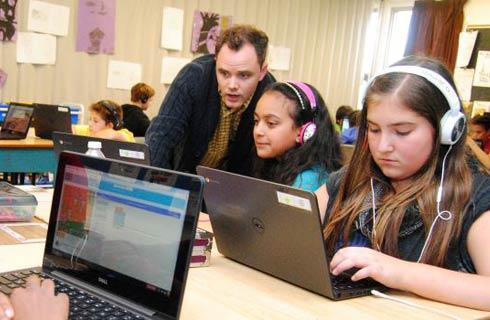- IDP China>
- 课程库>
- 艺术与设计>
- 艺术、人文与社会科学>
- 人类社会研究>
- BA (Hons) International Development and Politics with Year Abroad
BA (Hons) International Development and Politics with Year Abroad

学历文凭
Bachelor Degree with Honours

专业院系
School of Government

开学时间

课程时长

课程学费

国际学生入学条件
IDP—雅思考试联合主办方

雅思考试总分
- 雅思总分:
- 托福网考总分:
- 托福笔试总分:
- 其他语言考试:
CRICOS代码: L92A
申请截止日期: 请与IDP联系 以获取详细信息。
课程简介
相关申请
 预科
预科 奖学金
奖学金 实习机会
实习机会 在校学习
在校学习 跨境学习
跨境学习 校园授课-线上开始
校园授课-线上开始 在线/远程学习
在线/远程学习
开学时间&学费
学费信息仅供参考,请与IDP联系以获取详细信息
| 开学时间 | 时长 | 学费 | 地点 |
|---|
学校排名

世界排名116
数据源:
泰晤士高等教育世界大学排名
关于伯明翰大学

伯明翰大学邀请勇敢、独立的思想家加入英国最大的学生社区之一。这里有来自150个国家/地区的1万多名学生。伯明翰大学是世界顶尖大学之一,其成就包括: QS世界大学排名位列第84名 (英国第14名)。 《金融时报》和《经济学人》商学院世界排名前100 著名的罗素大学集团成员 21世纪大学的创始成员该大学以其开创性的研究闻名于世。学生们从影响当地和国际社会的开创性发现中受益。每个人在伯明翰大学都能找到适合自己的专业。学习选择包括本科学位、研究生授课学位和研究生研究学位。学科领域广泛,涵盖从国际发展和政治到心理健康护理。伯明翰市伯明翰市是一个多元化、充满活力的宜居之地,是英国最大的城市之一,也是欧洲最年轻的城市,25岁以下的人口几乎占城市人口的40%。这座现代化城市的中心地带有历史悠久的文化遗产,还有大量世界一流的购物中心和夜生活区以及众多博物馆、剧院和公园,学生可以去游览参观。伯明翰是一座具有多元文化的城市,拥有成百上千座清真寺、教堂、寺庙和犹太会堂,对各种信仰的人们都秉持热情友好的态度。伯明翰市交通便利,学生只需两个小时就可以到达伦敦或快速去往周边乡村。伯明翰国际机场连接到世界各地的目的地。
本校相关课程
其他相关课程

MPhil/PhD History
 兰卡斯特大学
兰卡斯特大学泰晤士高等教育世界大学排名:185
学历文凭
Ph.D.
开学日期
课程费用总额


拥有一年的历史(政治)文学士学位
 斯旺西大学
斯旺西大学泰晤士高等教育世界大学排名:326
学历文凭
Bachelor Degree with Honours
开学日期
课程费用总额


考古学(荣誉)文学士学位
 伦敦大学伯贝克学院
伦敦大学伯贝克学院泰晤士高等教育世界大学排名:303
学历文凭
Bachelor Degree with Honours
开学日期
课程费用总额


艺术和创意产业文凭-人类学和社会学(C1AN)
 科廷大学学院
科廷大学学院学历文凭
Diploma
开学日期
课程费用总额


BA History and Politics
伦敦大学亚非学院
泰晤士高等教育世界大学排名:455
学历文凭
Bachelor Degree
开学日期
课程费用总额


哲学博士(社会科学与公共政策)
 奥克兰理工大学
奥克兰理工大学泰晤士高等教育世界大学排名:506
学历文凭
Ph.D.
开学日期
课程费用总额
















